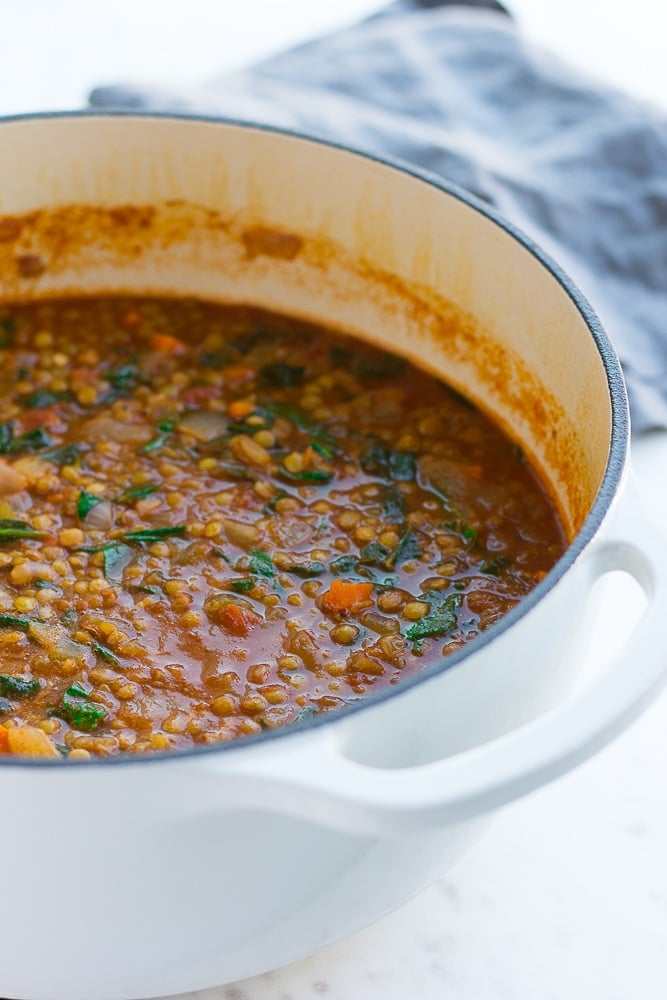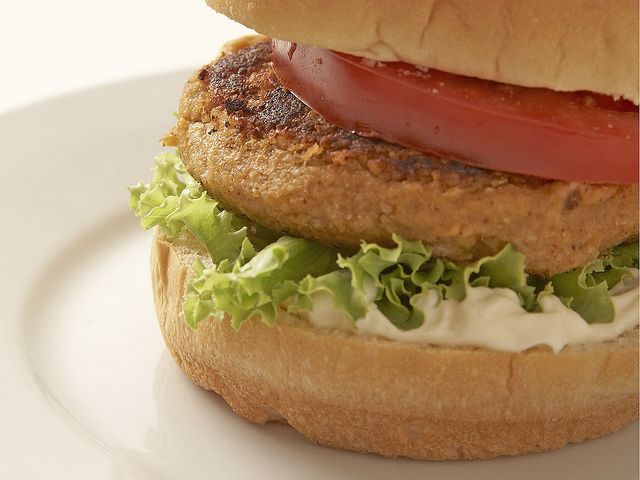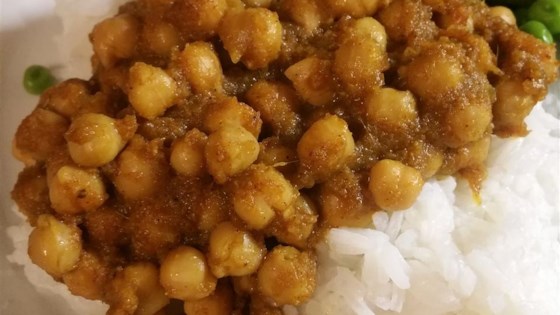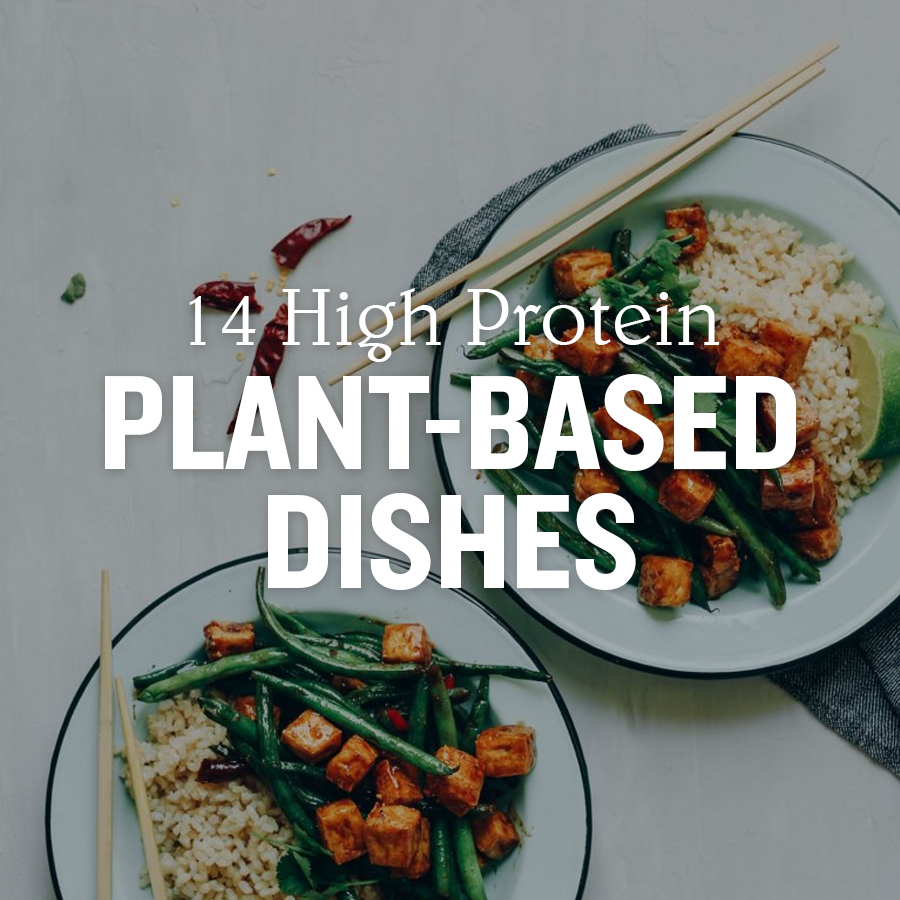Eat More Plant-Based Proteins
- Plant proteins are extremely good for health. Plant sources of protein come packaged with plenty of fiber, protective antioxidants, and phytonutrients.
- Be sure to check in every time you eat a meal. Select the number of servings of vegetables, beans, nuts, seeds, vegetable-based meat substitute, and/or tofu you had at that meal. You can check in multiple times in a day. Use a free pass if you don’t have any plant-based proteins by the end of the day.
What’s Inside
What’s IN
- Beans, nuts, and seeds are concentrated in protein.
- Veggie burgers, tofu, and soy milk are great protein-rich plant alternatives.
- A serving of beans or lentils is 3/4 cup cooked. A serving of nuts is 1 ounce or 2 tbsp nut butter. A serving of tofu or tempeh is 4 ounces.
What’s OUT
- Decrease animal sources of protein: red meat, poultry, fish, eggs, and dairy.
Why This Is A Good Idea
Plant proteins are extremely good for health. Plant sources of protein come packaged with plenty of fiber, protective antioxidants, and phytonutrients. Animal sources of protein do not.
Vegetarians are often asked, “Where do you get your protein?” The answer? The same place gorillas, elephants, water buffalo, and horses get theirs. From plants. Protein doesn’t only come from animals. Not only does a plant world provide abundant protein sources, but humans don’t need to eat vast quantities to maintain superior health.
Consider the fact that human breast milk contains only 5% of his total calories from protein. According to the Institute of Medicine’s Food and Nutrition Board, humans only need 10 to 35% of calories from protein. If you’re eating enough calories from whole plant foods, having a diet too low in protein is impossible. Virtually all whole plant foods contain protein. Even bananas contain 5% of their total calories from protein; white potatoes have 8%, and brown rice has 9%. These foods are categorized as carbs! Other plant foods are very high in protein, especially beans legumes nuts and seeds. Lentils have 36%. Believe it or not, leafy green vegetables have almost half of their total calories from protein (right up there with steak). The only way to become deficient in protein is to either not eat enough calories or eat primarily processed and refined foods. Ultimately, if you stick to eating whole plant foods you don’t need to worry about getting enough protein.
Animal proteins have been associated with increased disease risk, while vegetable proteins show the opposite effect. There’s no proven benefit of “complete” proteins; you don’t need to combine foods in a special way to get the “right” proteins.
Basic Tips
- Be sure to check in every time you eat a meal. Select the number of servings of vegetables, beans, nuts, seeds, vegetable-based meat substitute, and/or tofu you had at that meal. You can check in multiple times in a day. Try not to wait till the end of the day - it’s much more effective to check in right after you eat. Use a free pass if you don’t have any plant-based proteins by the end of the day.
- Sprinkle salads with raw seeds and nuts.
- You can’t go wrong with bean or lentil-based soups. They’re satisfying, easy to make, economical, healthful, and delicious.
- Substitute tofu, tempeh, or faux meat for your favorite recipes.
Shopping List
- Seek out the freshest bulk bins in town! Alternate the myriad raw nuts, beans, and seeds.
- When selecting a veggie burger, opt for those based primarily on whole grains, beans, and vegetables, rather than processed soy or wheat.
- Canned beans are OK! Look for low-sodium varieties.
- Fake meats seem to be taking over the frozen food section. They are a treat once in a while, but they’re still very processed foods. Eat them in moderation.
Recipes
Everyday Lentil Soup by Nora Cooks 
Simplest Bean Burgers by Mark Bittman 
Chana Masala (Indian Chick Pea Curry) by AllRecipes 
14 High Protein Plant-Based Dishes by Minimalist Baker 
Smart Things To Read And Watch
- The Last Conversation You’ll Ever Need to Have About Eating Right
- The 10 Best Vegan Protein Sources
- Protein in the Vegan Diet by Reed Mangels, PhD, RD, Vegetarian Resource Group
Note: Diet ID is not focused on the number on the scale. Weight loss can be a byproduct of developing healthier eating habits, but if you have questions about your weight, please contact your physician.